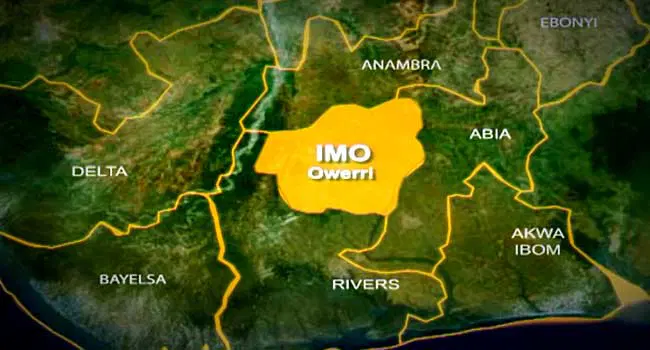The skill-up Imo project, a flagship initiative to expand digital infrastructure, will train 300,000 youths in relevant digital skills by 2026.
The commissioner for digital economy and E-government, Dr Chimezie Amadi, said over 50,000 youths had been trained with access to start-up kits, mentorship, and remote job opportunities through the ecosphere platform, even as many graduates had gone on to launch tech startups, powering a grassroots innovation movement.
Amadi disclosed this at a one-day workshop on “Regulatory and policy framework for universal access to telecom organised by the University of Agriculture and Environmental Sciences (UAES), Umuagwo, in collaboration with his ministry, held in the institution.
With World Bank support, the commissioner said the state is digitalising land records through the “Imo Land Information System Centre” using geospatial technology to resolve ownership disputes and improve transparency.
He added that the state civil service is undergoing digital transformation with upskilled staff and streamlined roles that reflect a modern workforce.
We have partnered with Microsoft, CISCO, and HP to integrate ICT into agriculture, healthcare, and education, ensuring that technology reaches every corner of governance and society.
Insisting that the Imo Digital City stands as the nerve centre of the state’s digital economy, Amadi added that through aggressive outreach in partnership with the National Identity Management Commission (NIMC), the state government had significantly improved NIN enrolment, giving more Imolites access to digital services and benefits.
As part of plans for the future, the commissioner stated that the Imo Digital City” is set to host the nation’s first sub-national Artificial Intelligence Institute, focusing on advancing AI education, research and entrepreneurship while creating thousands of jobs and investment opportunities.
The vice chancellor of the UAES-Professor Christopher Eze, declaring the workshop opened which featured lectures on “Integrating Digital Financial Services Into Agricultural Extension Systems”, expanding rural connectivity for inclusive digital agriculture Telecom service provider’s role in driving access and innovation”, “universal access and digital agriculture in Nigeria as a well as policy part ways for inclusive digital agriculture insights from Imo, Ogun and Kwara and unlocking the potential of digital agriculture in rural Imo” said that universities such as UAES are not only academic institutions but research incubators that must anchor practical solutions for rural transformation.
Eze, a professor of Agricultural Economics, said, “Our Faculties of Agriculture, ICT and Environmental services are committed to producing applied knowledge that meets the needs of local farmers, government agencies and technology providers”, stressing that research is the foundation upon which relevant context-specific policies must be built.
He hailed Governor Hope Uzodimma as a visionary leader and a committed champion of education technology and innovation with unwavering support for the UAES.
The VC disclosed that the “Digisol project”, which is now in its second year of pilot implementation across local government areas in Imo, Ogun and Kwara states, was designed to revolutionise the way “our farmers engage in agriculture by embedding digital tools and financial technologies into their day-to-day practices”.
“This event marks yet another important milestone in our collective pursuit of inclusive technology driven agricultural transformation: a vision that is innovative and imperative in today’s fast-paced digital world.”





